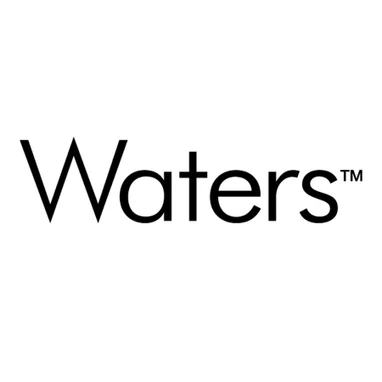Mastering the Quantitative Bioanalysis of Large Peptides and Proteins: A Case Study of GLP-1 Receptor Agonist Semaglutide in Plasma

The development of peptide drugs necessitates efficient bioanalytical assays for accurate measurement in biologicals. Liquid chromatography coupled with tandem mass spectrometry (LC-MS/MS) is preferred technology for its specificity and sensitivity. However, LC-MS/MS assays for peptides such as the high-profile diabetes and weight loss GLP-1 receptor agonist Semaglutide, pose significant method development challenges.
In this webinar, we present new data demonstrating a comprehensive and streamlined approach to optimized LC-MS/MS quantification of peptides, addressing the common challenges of efficient sample preparation, MRM selection, non-specific binding, sensitivity and robustness, through the example of the development of an assay for the quantitation of Semaglutide in plasma.
Key Learning Objectives:
- Learn step-by-step how to streamline bioanalysis workflows for large peptides such as Semaglutide.
- Discover practical solutions to common obstacles like non-specific binding and efficient mrm optimisation.
- Gain insights into boosting sensitivity without compromising the reliability of your bioanalytical methods
Presenter: Samantha Ferries (Senior Applications Chemist, Waters Ltd)
Samantha Ferries received her PhD in proteomics from the University of Liverpool in 2018. Since joining Waters in 2018, Samantha has worked on a variety of application areas including Biomedical Research, Pharmaceuticals and Food & Environmental, with a focus on LCMS/MS method development. In 2021 Samantha was part of the team that worked to develop the SARS-CoV-2 LCMS Kit (RUO) to detect & quantify SARS-CoV-2 signature NCAP peptides.
